Parents Whose Kids Don’t Get Along As Adults Usually Made These 11 Unintentional Mistakes
These common parenting gaffes set siblings up for a lifetime of conflict.
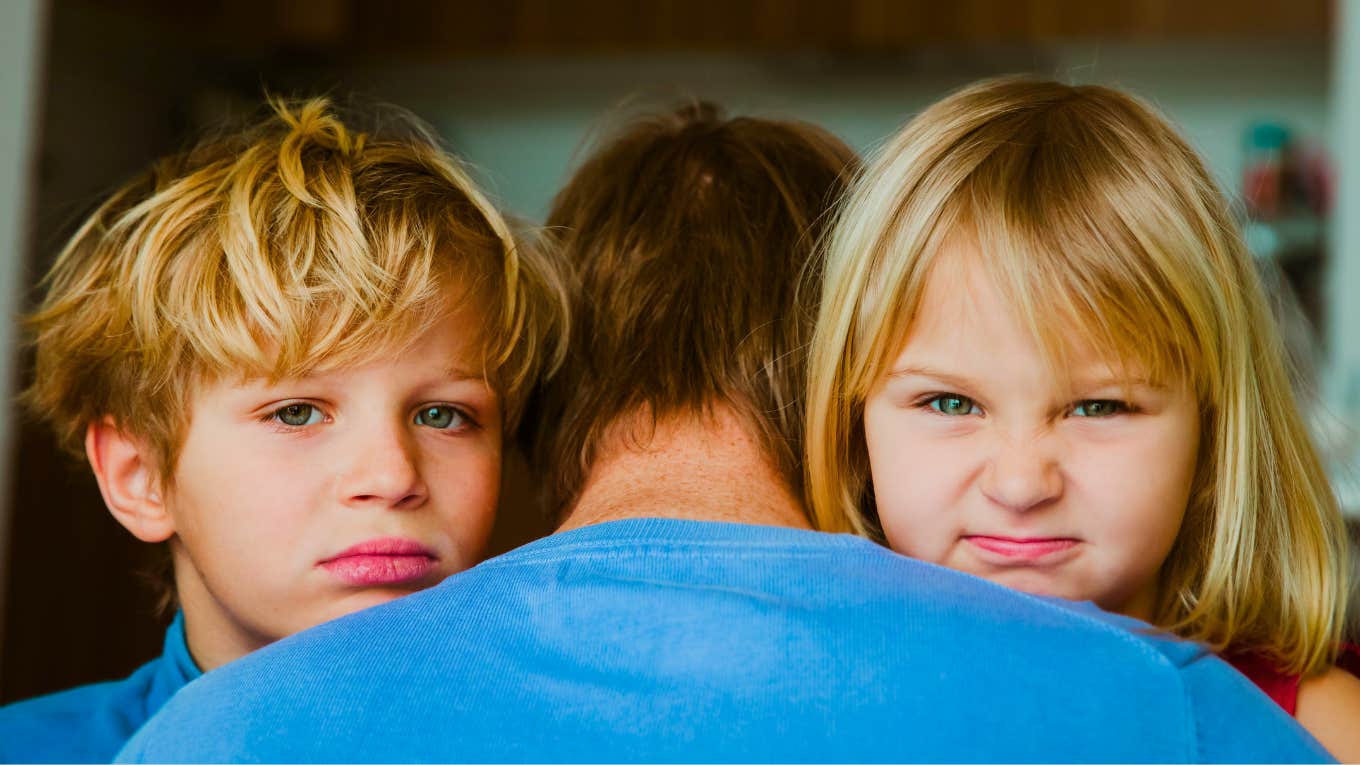 NadyaEugene / Shutterstock
NadyaEugene / Shutterstock Sibling relationships are complicated, and while some rivalry is normal in childhood, whether or not brothers and sisters stay close as adults often has roots in the way they were raised. Parents may not mean to drive wedges between their children, but certain habits, patterns, or dynamics can create long-term rifts. What feels small in the moment, such as a comment, a rule, or even a household structure, can leave a lasting impression that shapes how siblings see one another.
When adult siblings can’t get along, it rarely comes down to just personality differences. More often, it’s the result of unintentional mistakes in parenting that went unaddressed for years. Research in family psychology shows that early family climate strongly predicts sibling closeness in adulthood, for better or worse.
Parents whose kids don’t get along as adults usually made these 11 unintentional mistakes
1. Playing favorites
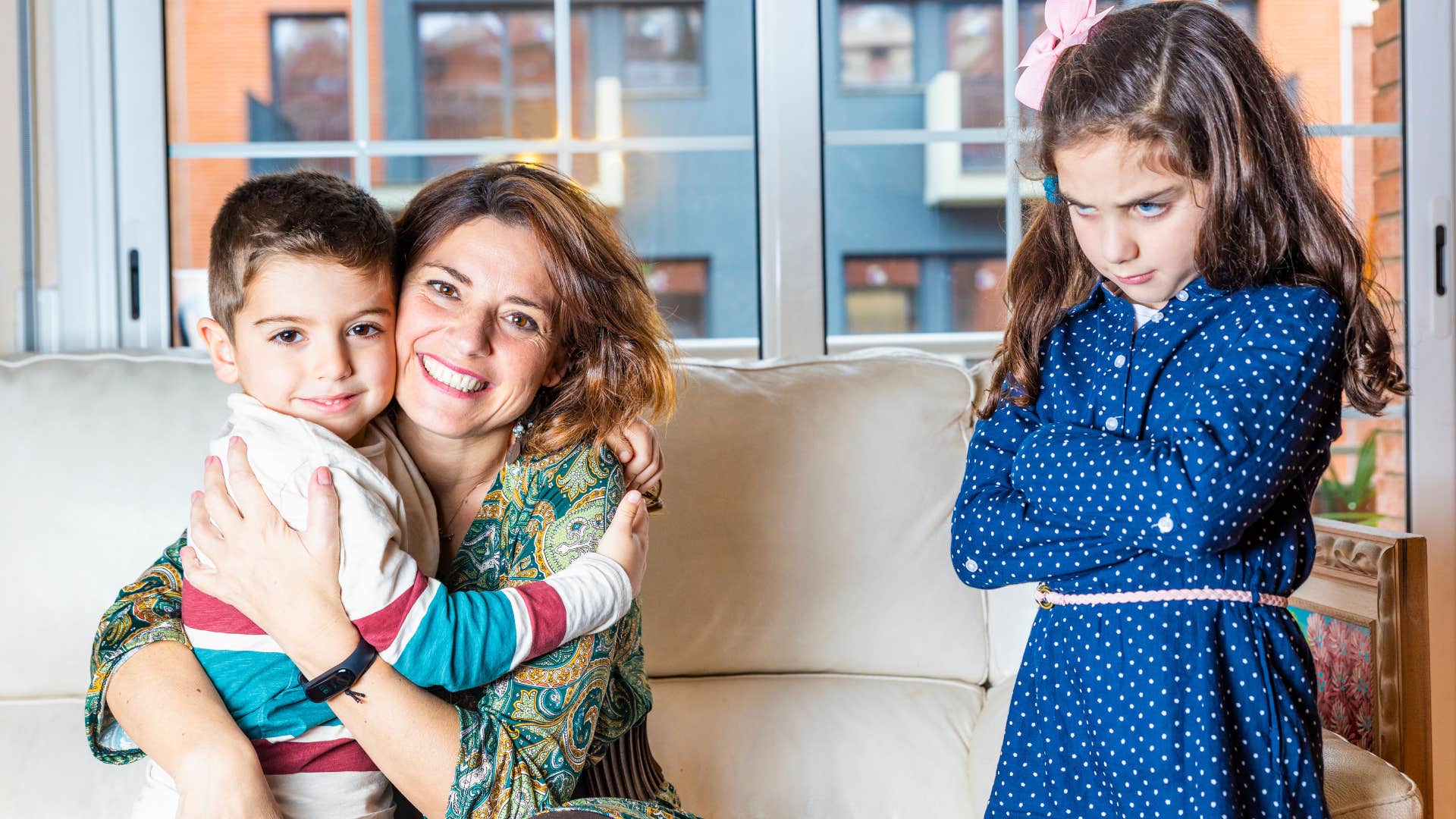 coscaron from Getty Images via Canva
coscaron from Getty Images via Canva
Showing preference, even subtly, breeds resentment between siblings. Kids quickly notice unequal attention, privileges, or praise.
Research shows that perceived favoritism is one of the strongest predictors of sibling conflict lasting into adulthood. Even if unintentional, it makes one child feel “less than” and another feel burdened with expectation, driving wedges long after childhood.
2. Constant comparisons
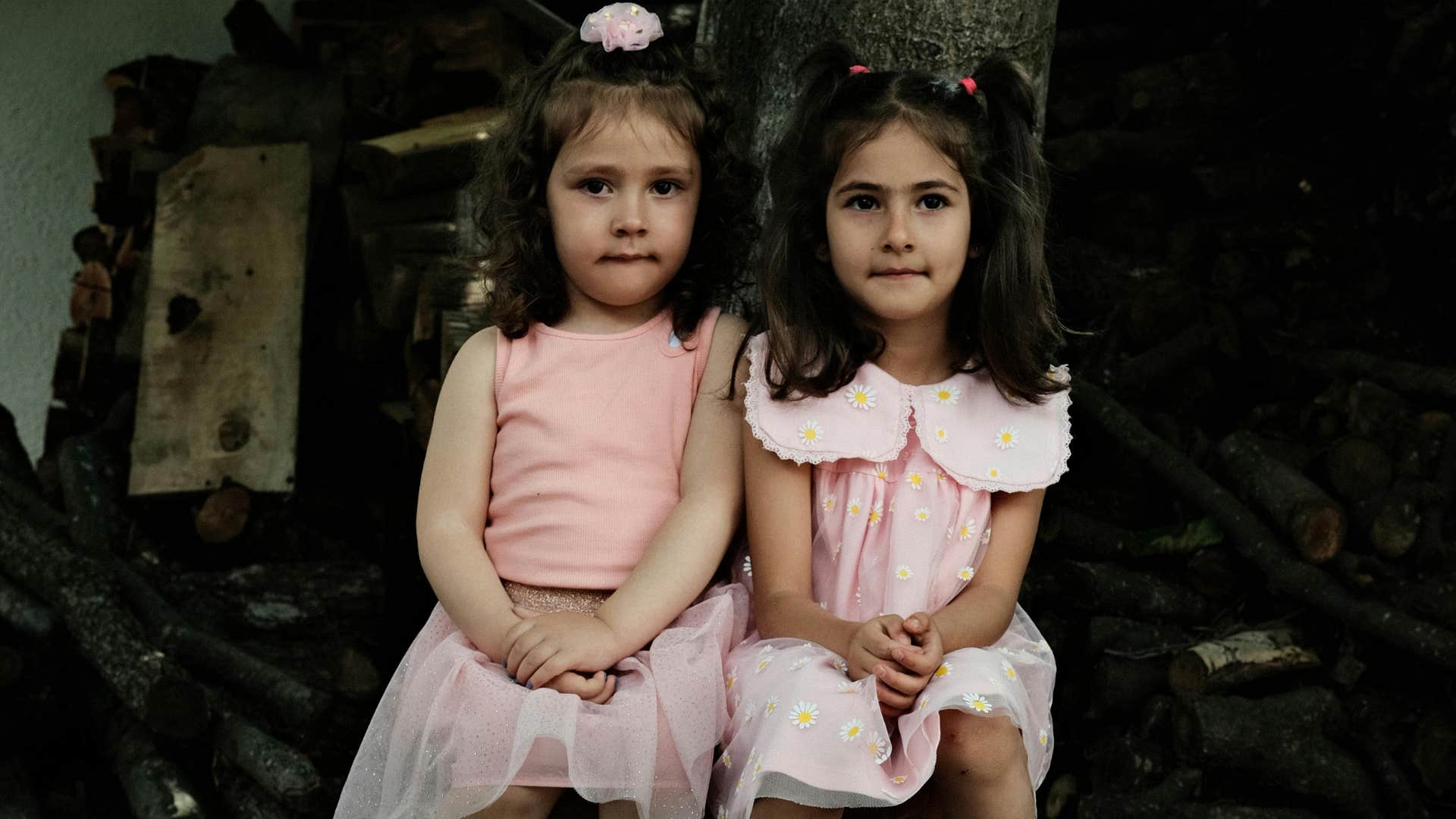 Alican Helik from Pexels via Canva
Alican Helik from Pexels via Canva
Comments like “Why can’t you be more like your brother?” may seem motivating, but actually sow division. Instead of encouraging growth, comparisons teach siblings to see each other as competitors.
Over time, this erodes natural closeness and replaces it with quiet hostility. Adults who grew up compared often carry those insecurities into their sibling relationship for life.
3. Failing to manage conflict
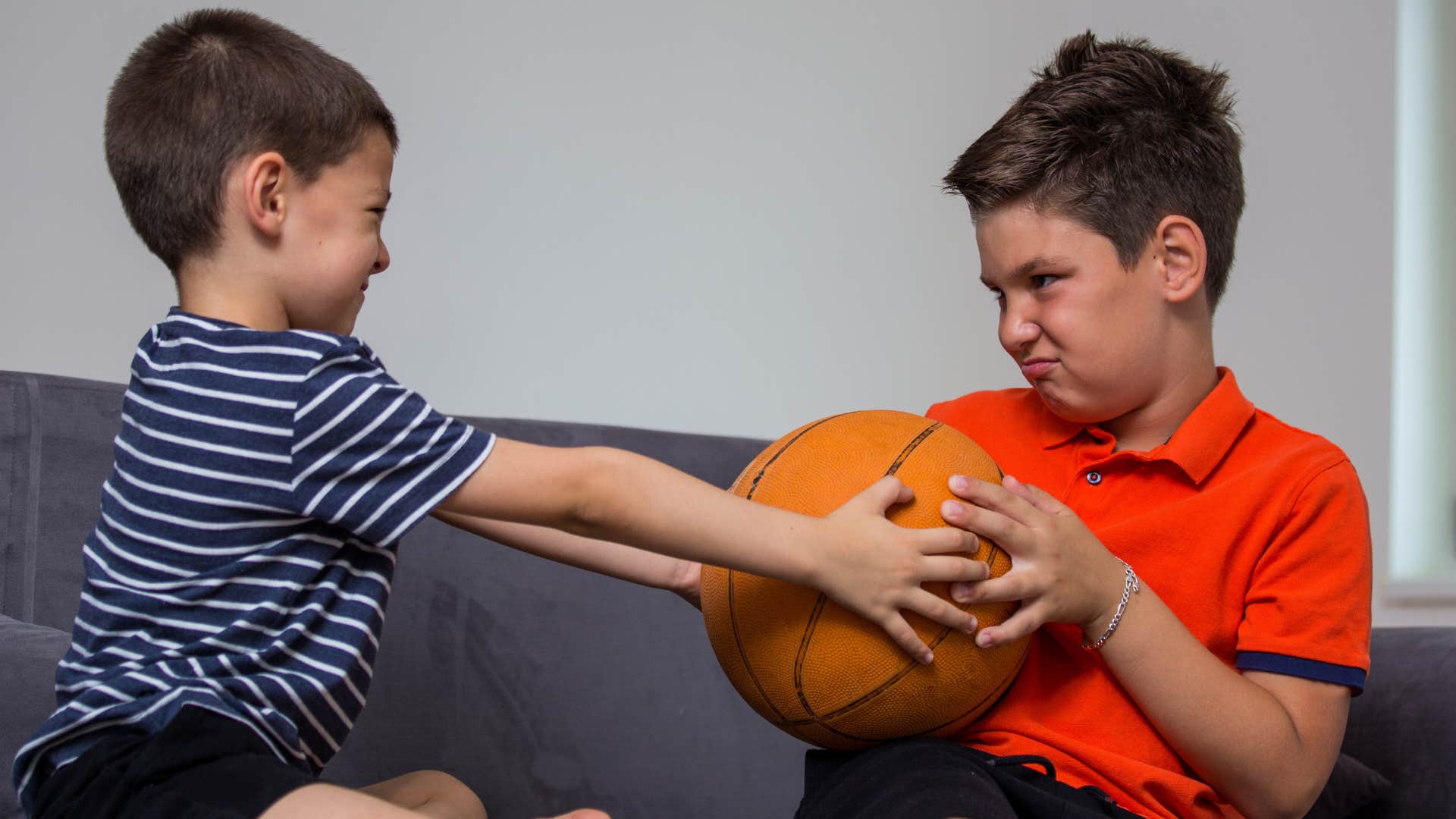 stefanamer from Getty Images via Canva
stefanamer from Getty Images via Canva
Letting siblings “work it out themselves” without guidance often leaves them to develop unhealthy conflict patterns. They may learn to fight dirty, withdraw, or hold grudges instead of resolving issues.
Studies confirm that parental mediation of sibling disputes helps children learn better conflict-resolution skills. Without that guidance, disagreements evolve into lasting estrangements.
4. Unequal discipline
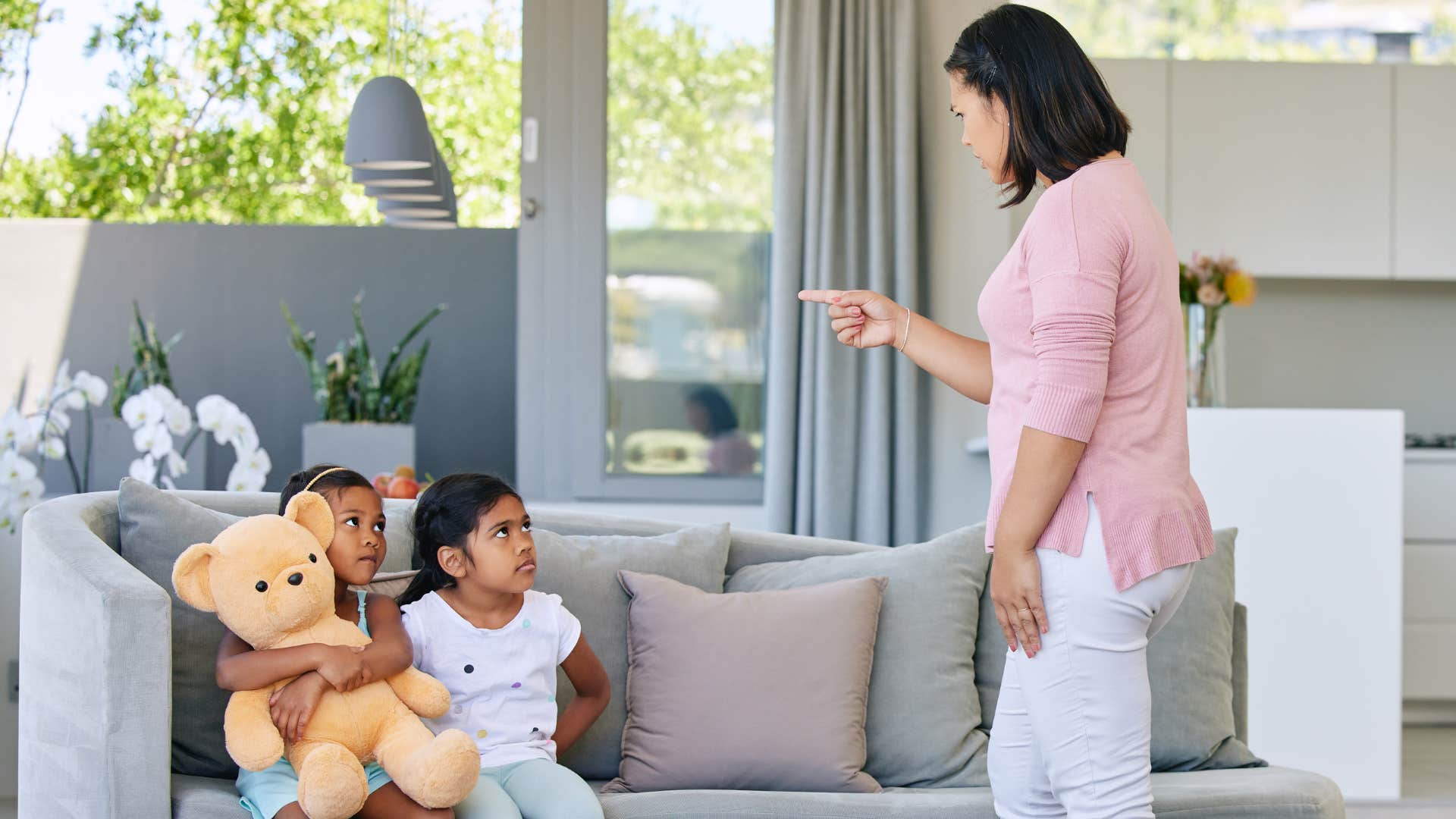 Peopleimages.com - YuriArcurs via Canva
Peopleimages.com - YuriArcurs via Canva
When one child feels they were punished more harshly or unfairly than another, resentment festers. Unequal discipline teaches kids that justice in the family is inconsistent.
Research on family systems highlights that perceived fairness is critical to sibling bonds. If one child feels treated as the scapegoat, it damages trust both with parents and siblings alike.
5. Ignoring individuality
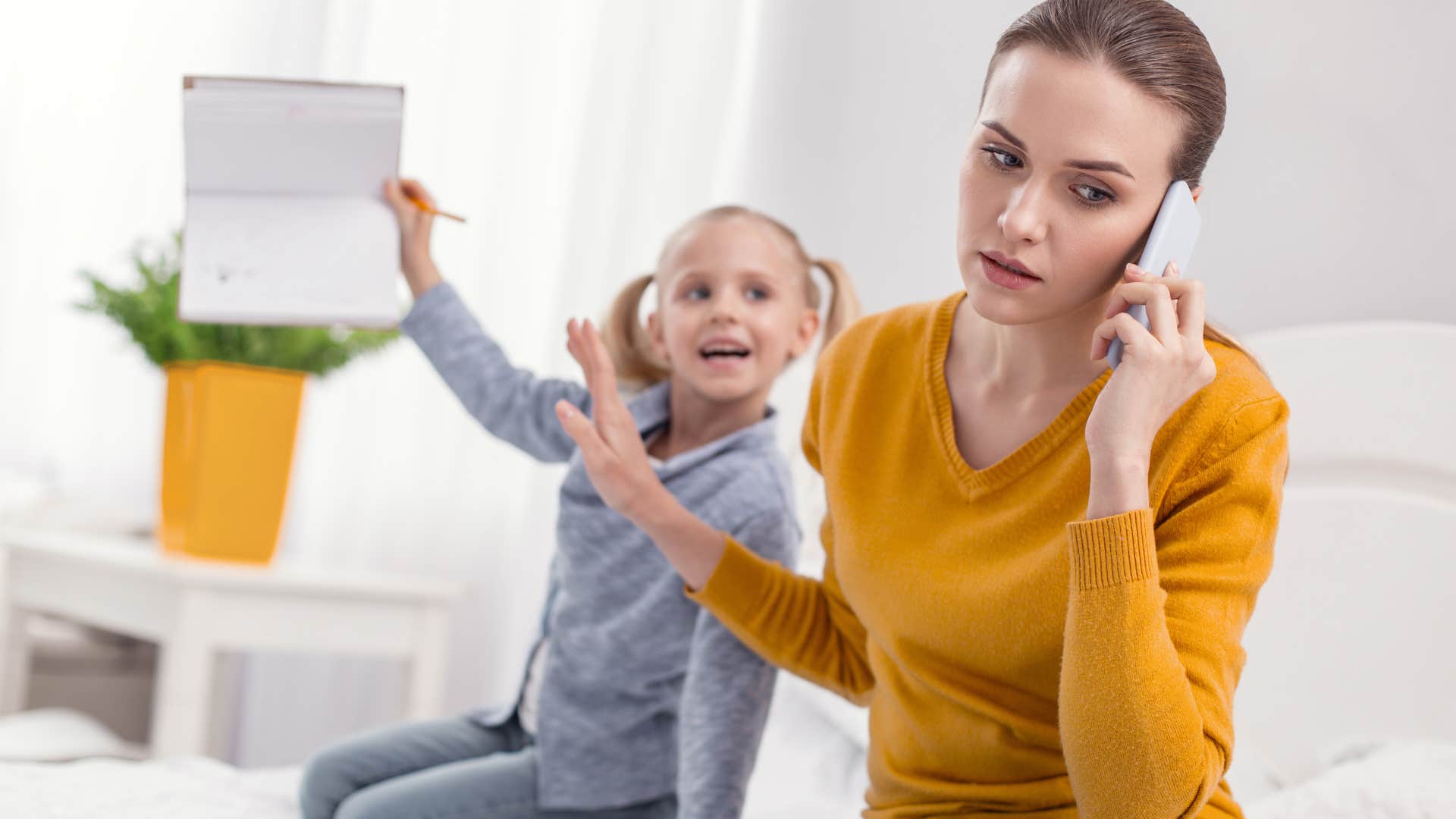 Zinkevych from Getty Images via Canva
Zinkevych from Getty Images via Canva
When parents fail to recognize each child’s unique personality, strengths, and needs, siblings end up competing for identity. Instead of being celebrated for who they are, they feel forced into roles, like “the smart one” or “the troublemaker.”
Studies have noted that labeling children within families limits emotional closeness later. Siblings may reject each other because they were forced into narrow, conflicting boxes.
6. Overemphasizing competition
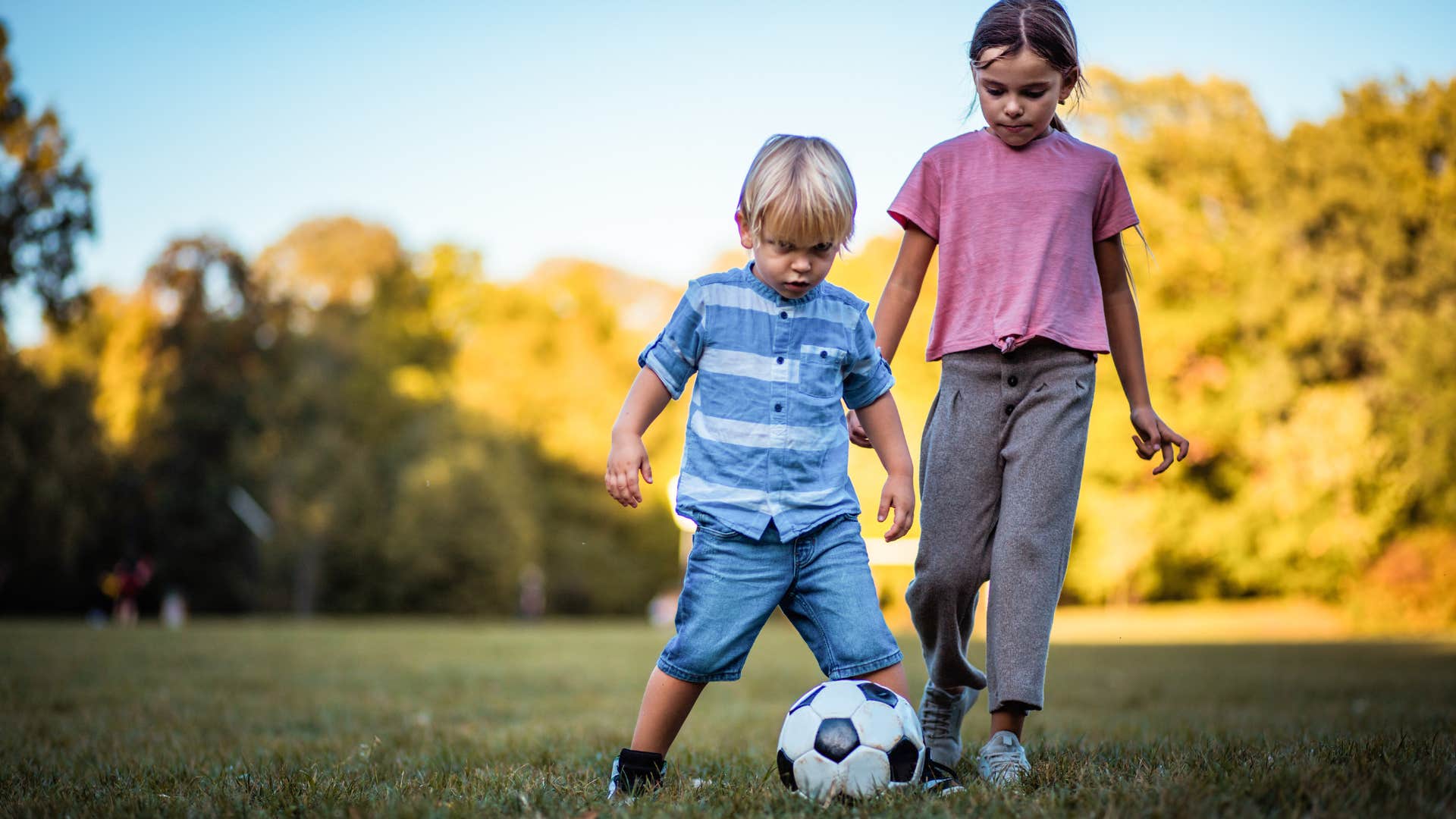 Liderina from Getty Images via Canva
Liderina from Getty Images via Canva
Encouraging children to beat their siblings academically, athletically, or socially often creates rivalries that don’t fade. While healthy motivation is valuable, constant competition can make siblings see each other as obstacles rather than allies.
The bonds that should bring comfort turn into comparisons that haunt adulthood. Parents who promote collaboration instead of rivalry raise siblings who are more likely to stay close.
7. Neglecting to model respect
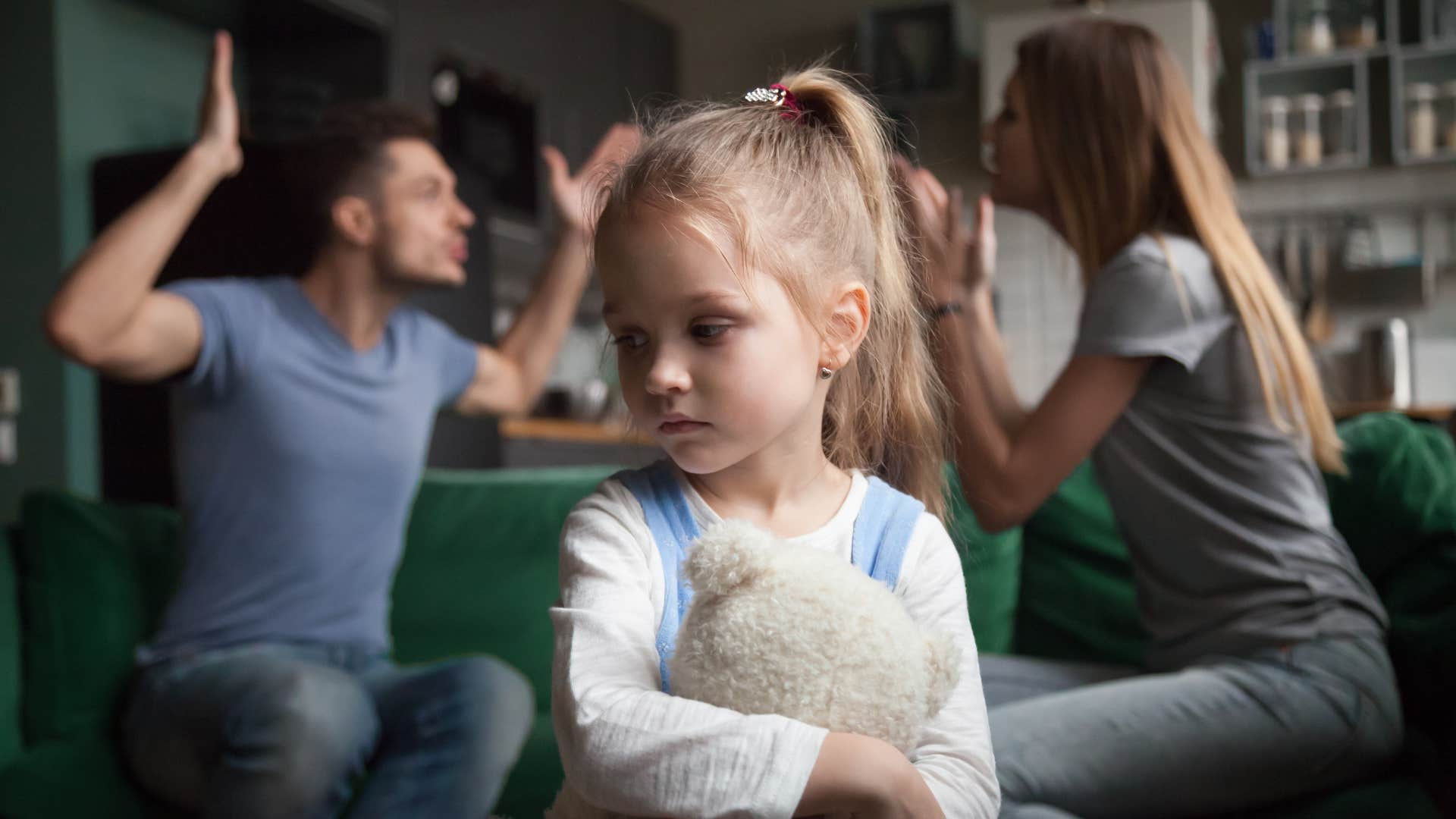 fizkes from Getty Images Pro via Canva
fizkes from Getty Images Pro via Canva
Children watch how parents handle disagreements, stress, and emotions. If respect isn’t modeled at home, they don’t learn to extend it to each other.
Research shows that kids raised in high-conflict households are more likely to have strained sibling relationships later. Without respect as a foundation, closeness rarely survives adulthood.
8. Not addressing jealousy
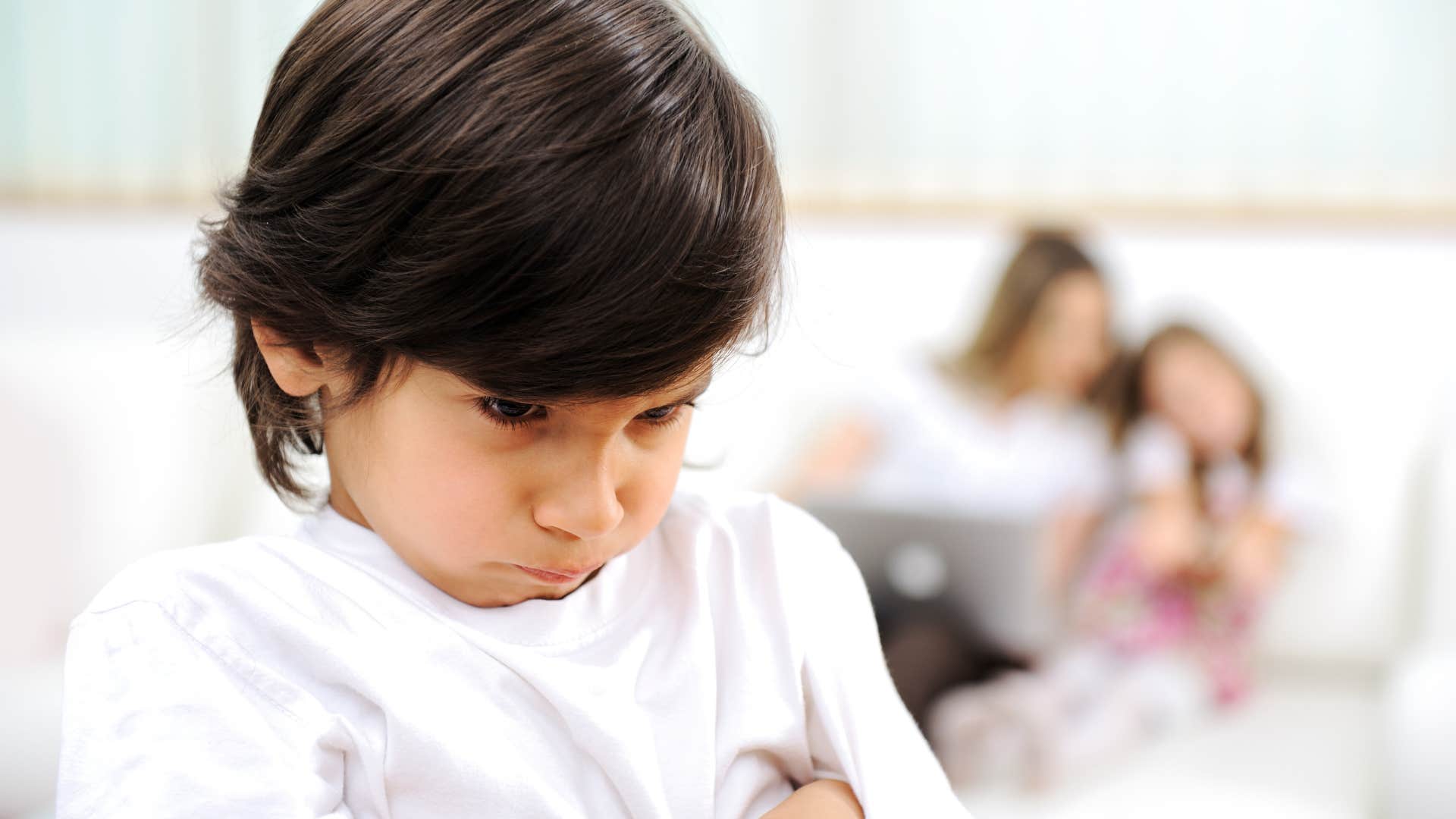 Zurijeta via Canva
Zurijeta via Canva
Jealousy is normal, but left unchecked, it poisons sibling bonds. Parents who dismiss or minimize these feelings miss the chance to help children process them constructively.
Over time, jealousy hardens into resentment, especially if one sibling consistently feels overlooked. Adults who grew up this way often avoid each other because the jealousy never really dissolved.
9. Using siblings as caretakers
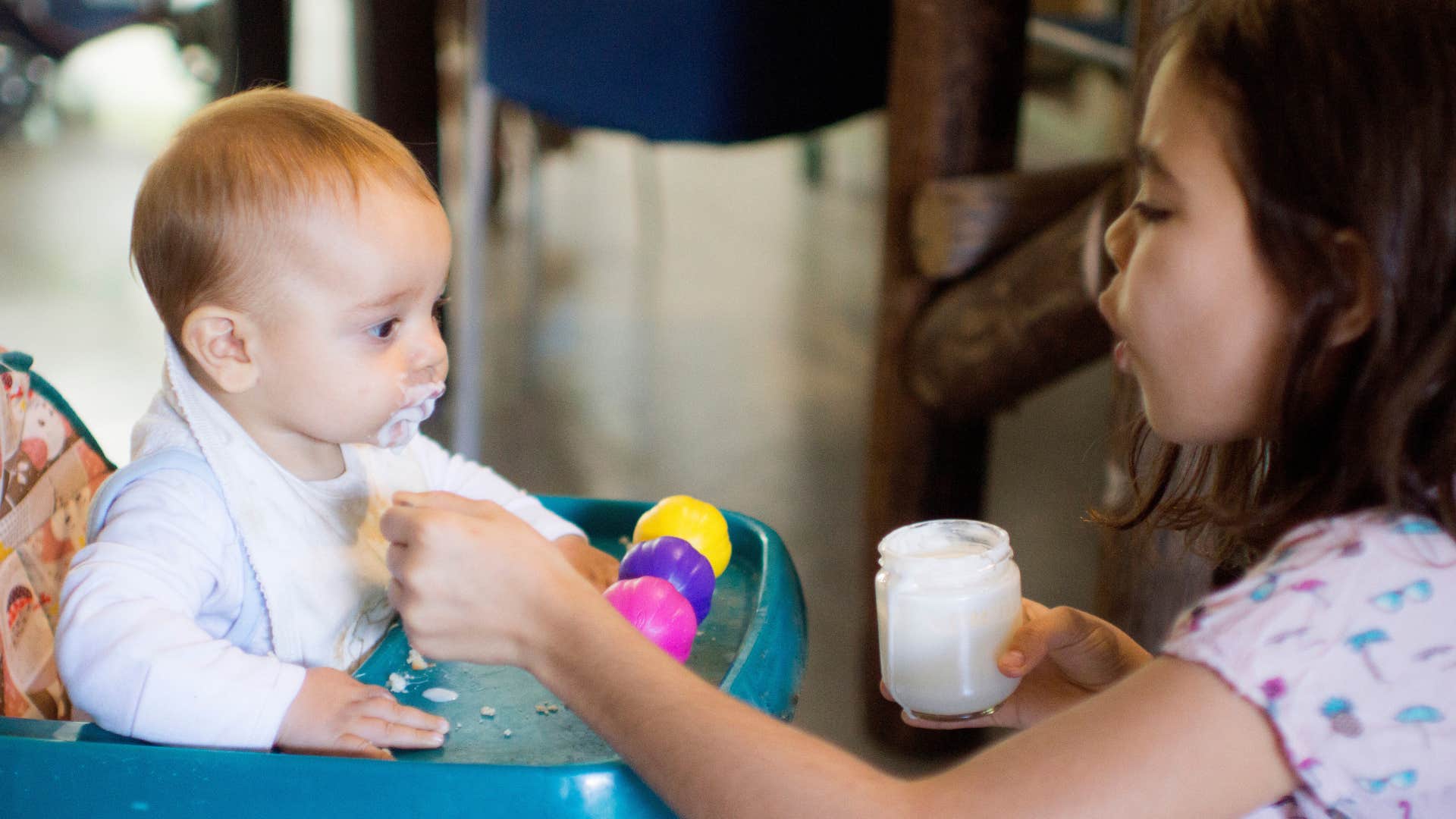 Valeria Blanc from Getty Images Signature via Canva
Valeria Blanc from Getty Images Signature via Canva
When one child is regularly tasked with parenting duties for their siblings, the relationship becomes unbalanced. Instead of equals, one sibling feels like the authority, and the other resents being managed.
Research on parentification shows that this dynamic can harm sibling closeness for life. What may seem practical at the time creates an imbalance that’s difficult to undo.
10. Failing to create family unity
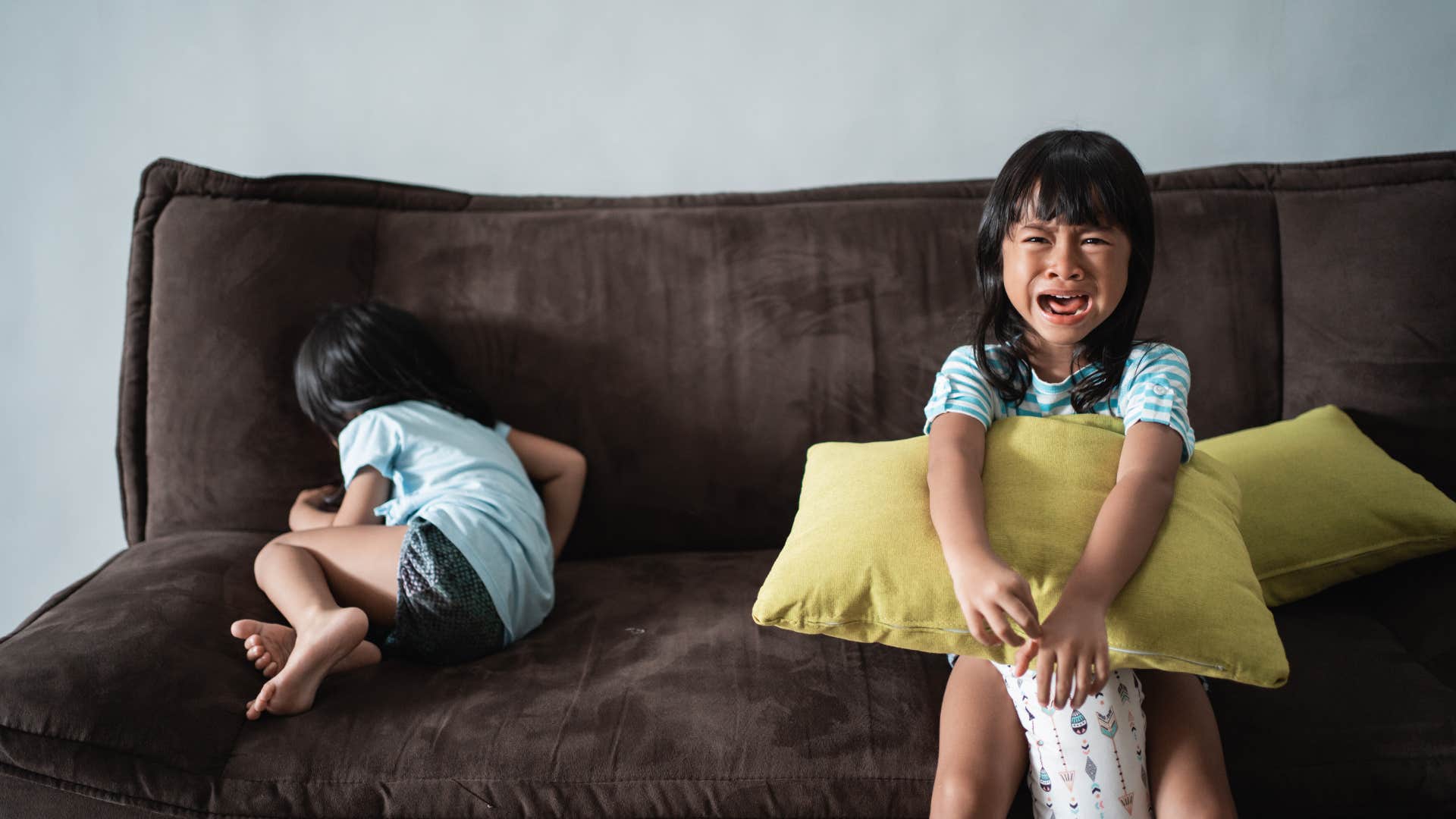 Odua Images via Canva
Odua Images via Canva
Parents who don’t prioritize family time or shared experiences often leave kids without a sense of connection. If every child is pushed into separate activities or schedules, they grow up as individuals but not as a cohesive unit.
Without shared memories to draw on, siblings may feel like strangers to each other as adults. The absence of intentional family bonding leaves them without common ground.
11. Not apologizing for mistakes
 SDI Productions from Getty Images Signature via Canva
SDI Productions from Getty Images Signature via Canva
When parents can’t admit to their own missteps, kids may feel unseen or invalidated. That lack of accountability often trickles down to sibling dynamics, where grudges and unresolved issues linger.
Parental openness and repair are key to long-term sibling closeness. When mistakes go unacknowledged, resentment festers, both toward parents and siblings.
Sloane Bradshaw is a writer and essayist who frequently contributes to YourTango.

